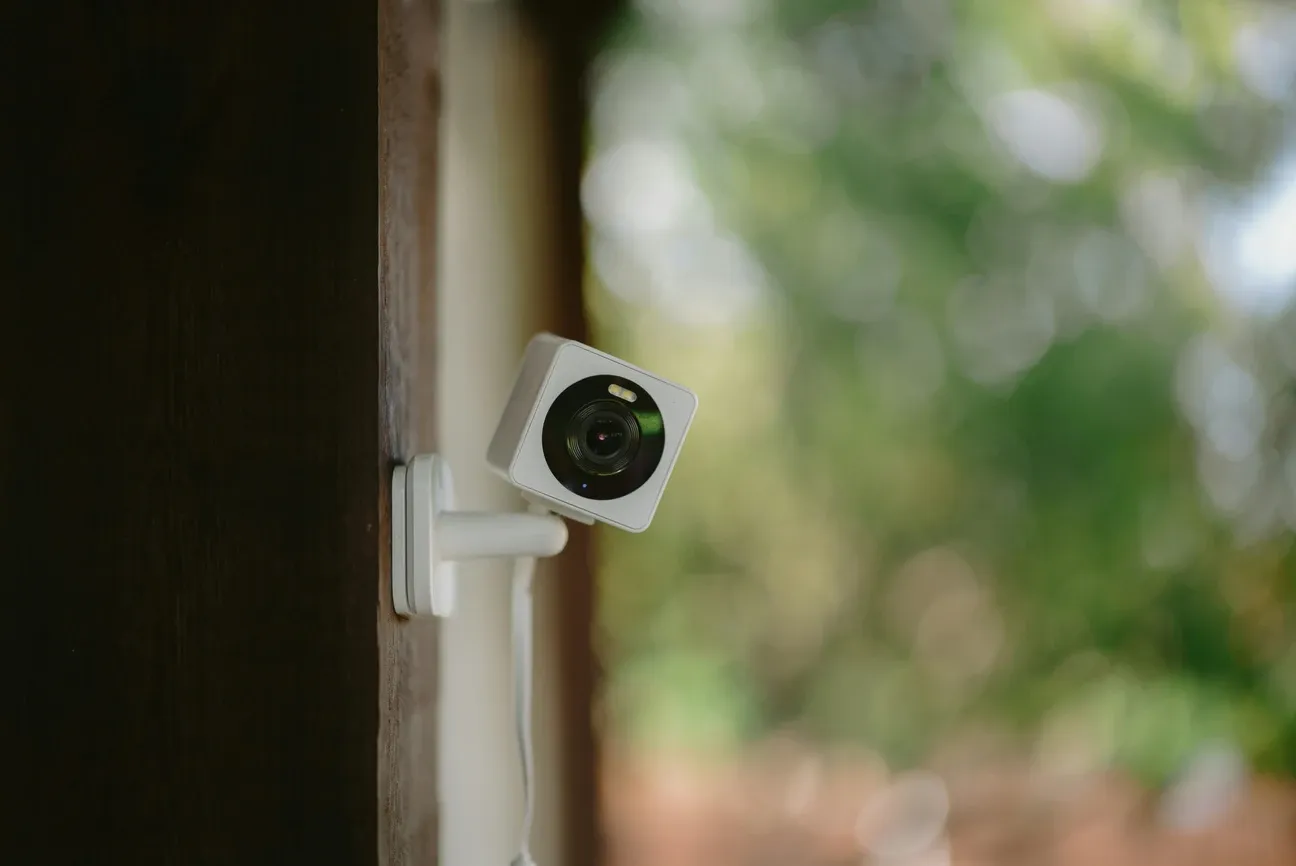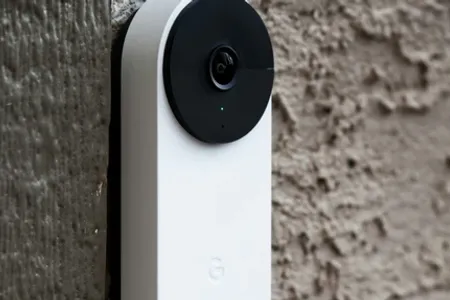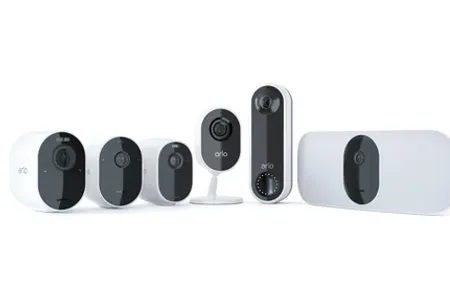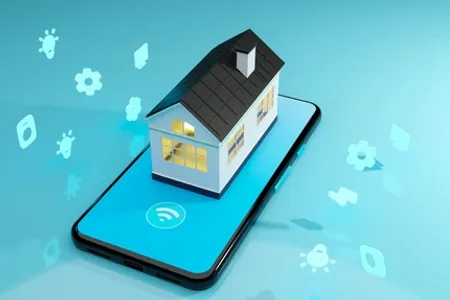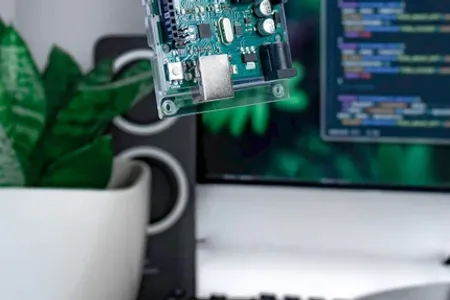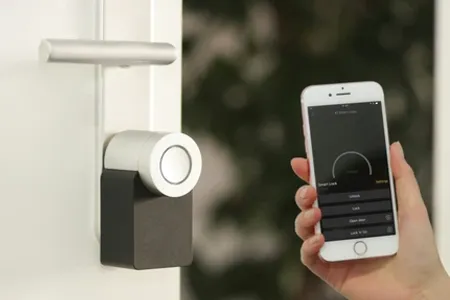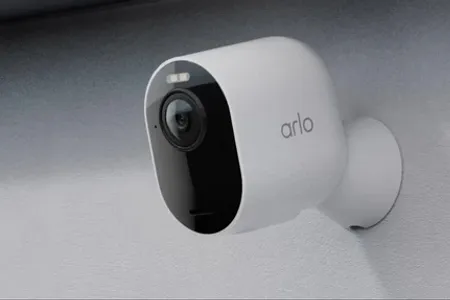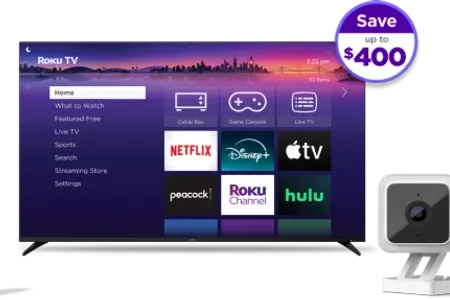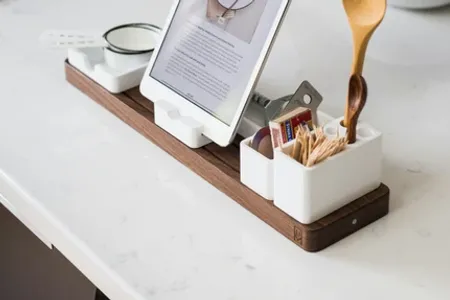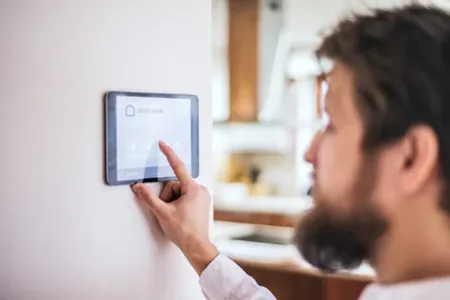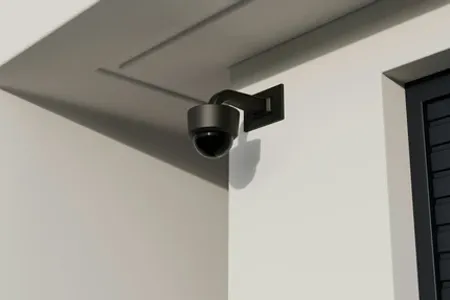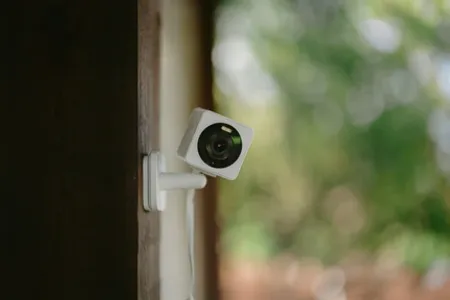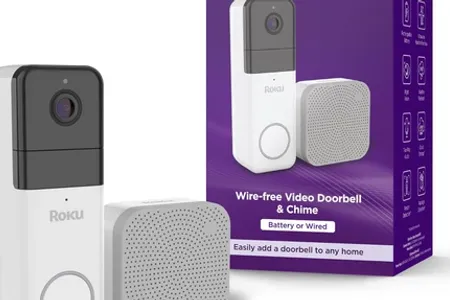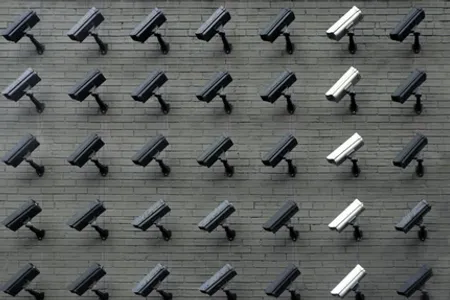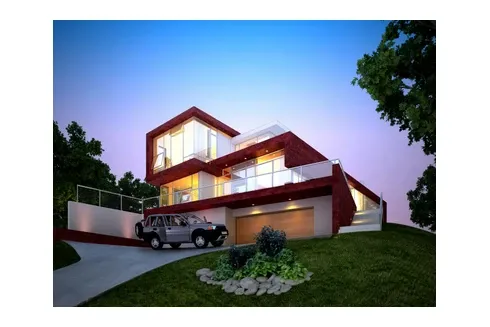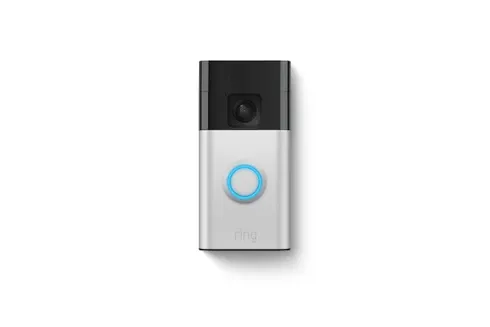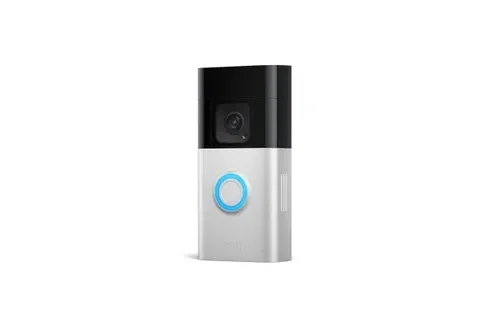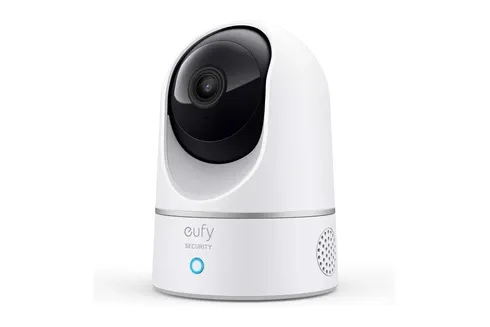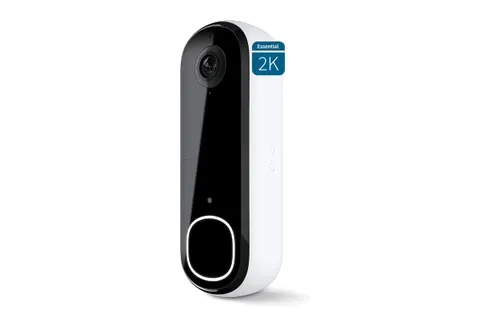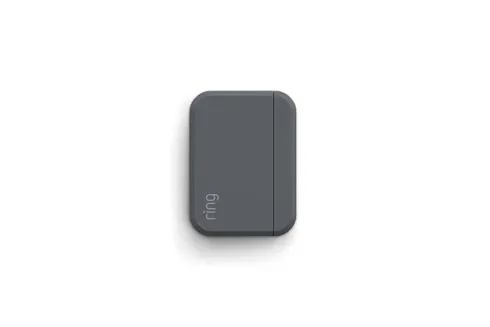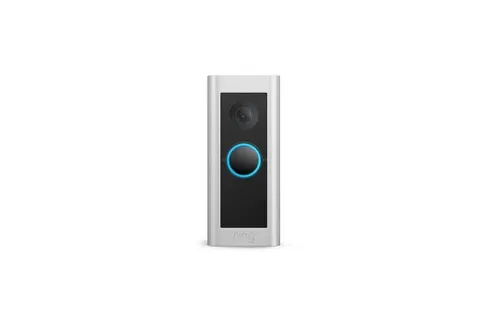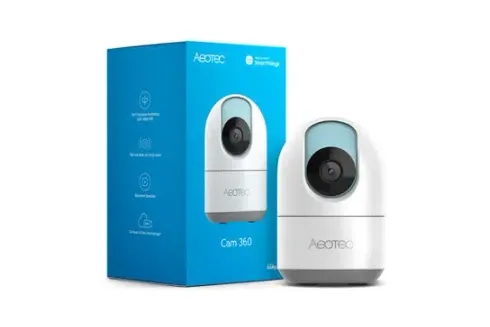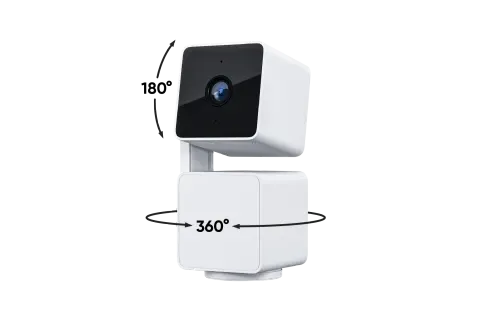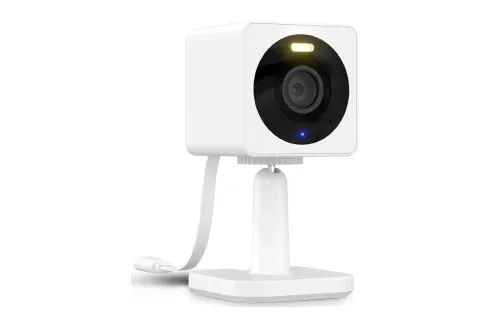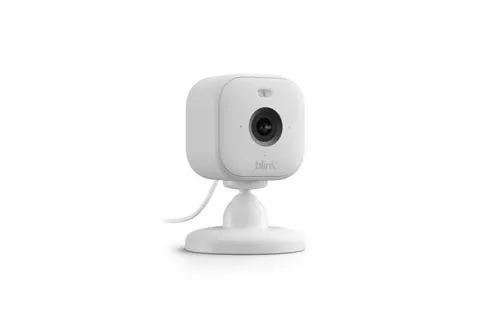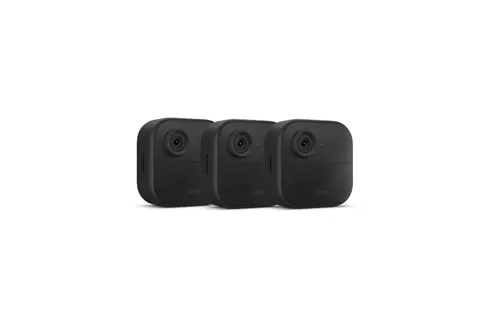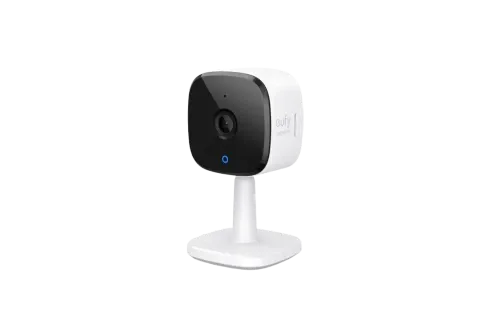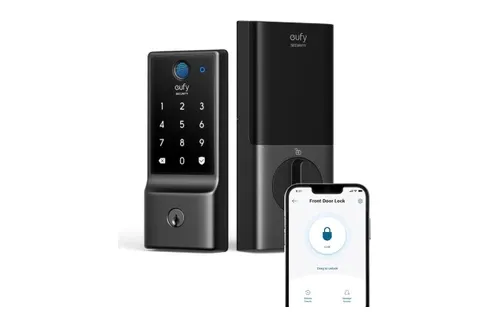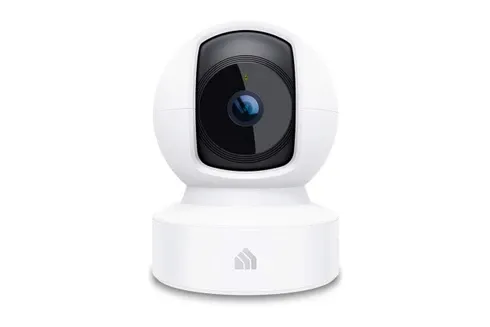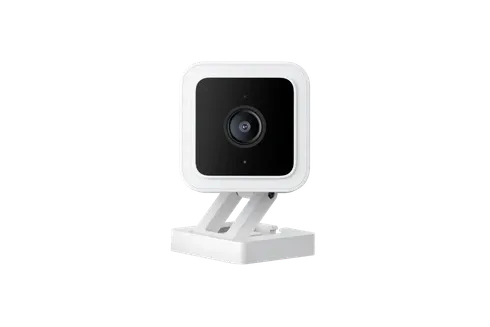When it comes to home security, the smart home revolution has brought a host of innovative solutions that make protecting your home easier than ever. From smart cameras to intelligent alarm systems, today's home security devices are designed to provide peace of mind while integrating seamlessly into your lifestyle. But with so many options, it can be overwhelming to figure out which system is right for you.
In this article, we’ll break down everything you need to know about choosing the right home security system, the benefits of smart home security, and what features you should be looking for when selecting a solution that best fits your needs.
Why Home Security Matters
In an increasingly connected world, home security is more important than ever. With the rise in smart devices, there’s a corresponding increase in the need to protect our homes from both physical and digital threats. The right security system will not only safeguard your home from burglaries but can also monitor for fire, carbon monoxide, and even water leaks.
Increasing Security Concerns
Unfortunately, the rate of home burglaries and break-ins has made home security a necessity rather than a luxury. Even if you live in a relatively safe neighborhood, there are always risks, and it only takes one unfortunate incident to cause significant loss or damage. A well-designed home security system offers protection not only from intruders but also from a wide range of potential threats such as gas leaks, fires, and floods. Beyond that, home security systems often offer features that can assist in reducing your insurance costs, making them financially beneficial as well.
Integration with Smart Home Devices
A smart home security system can integrate with other smart home devices, allowing you to control everything from one app. Whether you're at home or on vacation, these systems help you stay connected and ensure your home is safe. For instance, you could integrate your smart locks with a voice assistant, such as Amazon Alexa, to lock or unlock doors with a simple voice command. Similarly, you can pair your security system with smart lights that automatically turn on when suspicious motion is detected.
Deter Criminal Activity
Smart home security systems do more than just alert you to problems—they can act as a deterrent to would-be burglars. Having visible security cameras or video doorbells can discourage potential intruders from targeting your home in the first place. The presence of smart technology sends a message that the property is being actively monitored and is not an easy target.
Key Components of a Smart Home Security System
To get the most out of your home security system, you'll need to consider several key components. Each part plays a specific role in keeping your home safe:
Smart Cameras
Smart cameras allow you to monitor your home in real-time from anywhere. Look for features like high-definition video, night vision, and two-way audio. Cameras with these features ensure that you can clearly see what's happening around your home, even in low light, and communicate with anyone on your property. Some cameras also offer facial recognition technology, which can differentiate between family members, pets, and potential intruders, reducing the likelihood of false alarms.
Motion Sensors
Motion sensors alert you when movement is detected around your home, which is especially useful when you're not around. They can be placed at key entry points, such as doors and windows, to detect unusual activity. Many modern sensors are designed to ignore common triggers, like small pets or swaying branches, to reduce false alarms.
Smart Locks
With the ability to lock and unlock doors remotely, smart locks add a layer of security by allowing access to only authorized individuals. You can give temporary access to visitors, housekeepers, or dog walkers by assigning them a unique code that can be revoked at any time. In some cases, these locks can be set to automatically lock the door after a set period of time, ensuring your home is secure even if you forget to lock up manually.
Alarms
Whether it’s a burglar alarm or a smoke detector, smart alarms notify you instantly when something's wrong, even if you're not home. In some advanced systems, alarms can also be connected to professional monitoring services that alert local authorities in case of emergencies. You can even link your alarm system to other smart devices in your home—for instance, having your lights flash or your thermostat shut off when a fire alarm is triggered.
Video Doorbells
A video doorbell lets you see and speak to visitors at your door from anywhere, offering an extra layer of protection against suspicious activity. Video doorbells are especially useful for monitoring package deliveries and deterring "porch pirates" from stealing your deliveries. Many video doorbells also record short clips of visitors, so you have a record of who has been at your doorstep, even when you're not available to answer the door.
What to Look for in a Home Security System
When choosing a home security solution, there are several factors to keep in mind. The best system for you will depend on your individual needs and lifestyle.
Ease of Installation
Many smart security systems are designed for easy DIY installation. However, if you prefer a professionally installed system, make sure the company you choose offers that option. Professional installation may be preferable if you have a large home or want a system that's deeply integrated with other smart home devices. In contrast, DIY systems are ideal for smaller homes or apartments, as they can be installed quickly and without much hassle.
Mobile App Integration
The ability to control your security system from your phone is a must. A user-friendly app that lets you arm/disarm your system, view live footage, and receive alerts is essential. Look for apps that also allow you to adjust your system's settings easily and integrate with other smart home devices you may own. Some systems also provide geofencing, which can automatically arm or disarm your system based on your phone's location.
Smart Home Compatibility
If you already have smart home devices, such as smart speakers or lighting, ensure your security system is compatible with these. Compatibility allows you to centralize control of all your smart devices, making it easier to manage everything from one interface. Systems that are compatible with Google Assistant, Amazon Alexa, or Apple HomeKit can streamline your home's operations, offering a truly connected living experience.
Professional Monitoring
Some systems offer 24/7 professional monitoring services that will alert local authorities if there's a breach in security, giving you extra peace of mind. Professional monitoring ensures that your home is being watched, even when you're not available to respond. While these services usually require a monthly subscription, the added security can be worth the investment.
Cost and Subscription Plans
Be sure to factor in not just the upfront cost of the equipment but also any ongoing subscription fees for cloud storage or monitoring services. Some companies offer affordable base systems but charge extra for necessary features like video storage, so it’s important to understand the full cost before committing.
Tips for Maximizing Your Home Security Setup
When setting up your home security system, keep these tips in mind to enhance its effectiveness:
- Tip 1: Place cameras at key entry points like doors and windows to ensure you cover the most vulnerable areas of your home.
- Tip 2: Use motion-activated lighting in conjunction with your smart security devices. This not only deters potential intruders but also ensures your cameras capture clear footage.
- Tip 3: Regularly update your security system's software to ensure it has the latest protection against cyber threats.
- Tip 4: Test your system regularly to ensure all components, including cameras, alarms, and sensors, are working correctly.
- Tip 5: Use strong, unique passwords for your security system’s app and connected devices to prevent unauthorized access.
Additionally, consider creating multiple layers of security for your home. Combining a video doorbell, smart cameras, motion detectors, and alarms creates a comprehensive system that’s harder for intruders to bypass. It's also a good idea to display signs or stickers from your security provider, which can deter potential intruders before they even attempt a break-in.
Benefits of Smart Home Security
A smart home security system offers several advantages over traditional setups. Here are just a few of the top benefits:
Remote Access
Monitor and control your system from anywhere in the world. Whether you're at work, traveling, or just out running errands, you can check in on your home in real-time. You can also receive alerts if something triggers your alarm, giving you immediate awareness of any potential security threats.
Real-Time Alerts
Receive instant notifications on your smartphone if an issue arises. This means you’ll know right away if someone is at your door, if a window is opened, or if smoke is detected, allowing you to respond quickly and effectively.
Customization
Tailor your security system to your exact needs, whether you're looking to protect a small apartment or a large home. From selecting the types of cameras you want to monitoring specific zones of your property, a customized system ensures that you're only paying for what you need.
Home Automation
Integrate your security system with other smart home devices for a fully connected home experience. This could include setting your lights to turn on when you enter a room, locking your doors when you leave the house, or even adjusting your thermostat automatically when your alarm is armed.
Conclusion
Investing in a home security system is a smart decision for anyone looking to protect their home, family, and valuables. The key is to choose a system that meets your needs, integrates seamlessly with your existing smart home setup, and offers the right balance of features and affordability. By understanding the components and benefits of smart home security, you can make an informed decision that gives you peace of mind and keeps your home safe 24/7.
Smart home security is not just about protecting your home—it’s about enhancing your overall lifestyle with convenience, control, and confidence.
